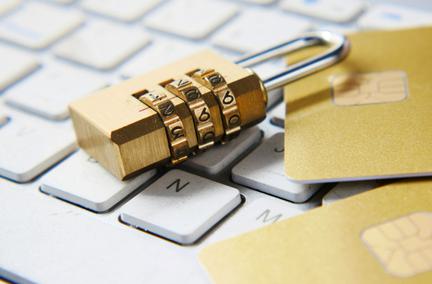Protect Your Wi-Fi Network and Passwords
Mar 29, 2022 | Home Technology, Wi-Fi

One of the most vulnerable parts of a home internet service is the Wi-Fi, mainly because it’s over the air instead of a direct connection from modem to device. This vulnerability means you need to be extra careful when setting up your Wi-Fi and maintaining its security every day.
A typical Wi-Fi network consists of a router that takes the signal from the modem and spreads it wirelessly either directly to nearby devices or to an extender or mesh network pod that then boosts the signal and sends it to devices too far away to receive the signal from the router.
For example, if the router is on one end of the house and the device is on the other, an extender or additional mesh network pod may be necessary to reach the device with minimal or no signal loss. This signal can only be received by devices logged onto the network via the network name and password or pre-shared key (PSK).
How can you be sure the Wi-Fi network is not being accessed by anybody you have not authorized to connect to it? Here are a few tips to keep your network secure from outside intruders.
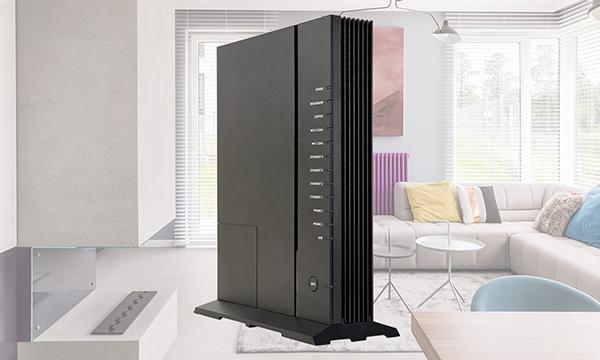
Update your Wi-Fi router
How technologically new is your router? Newer routers are better protected from outside intrusions because they have more current software than older models, which lack updated Wi-Fi protected access (WPA) software – typically WPA2/PSK and WPA3 – required for maximum encryption against modern threats. Consider upgrading your router if it does not have higher protection levels built in. This upgrade will help, but there are several other ways to protect your network regardless of your router.
Outdated technology can not only cause network vulnerability but also make the internet run slower. Check here for advice on what to do if the speeds you're getting aren't the speeds you expected.
Create secure passwords
Password strength has always been a compromise. How do you remember yours without getting it compromised?
Simple passwords are easy to remember but also easy to hack because they are often common word and number combinations that even the most rudimentary password-cracking software can decipher in minutes. On the other hand, complicated passwords full of letters, numbers, and symbols are much harder to hack but can also be harder to remember, making them more difficult to hand out to guests or remember if the network settings accidentally get wiped out on your devices.
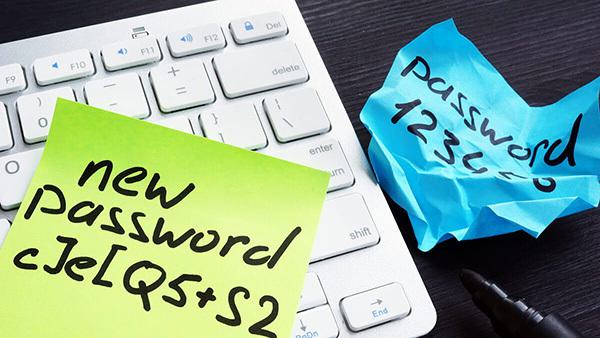
Convenience aside, passwords need to be complex to protect your network better. The more symbols and special characters, the better. Write down your password on paper and keep it in a desk drawer or anywhere you can easily find it.
Some people keep their passwords in an online document they can refer to if they forget. While this might seem convenient and secure, what happens if you forget the password to get into the password document? "But I don't password protect that document," you say. Then your passwords aren't protected. Old school as it may be, sometimes paper and pen are the best solution.
Also, change your password every so often. No matter how complicated the password is, eventually somebody will figure it out.
There’s an app for that
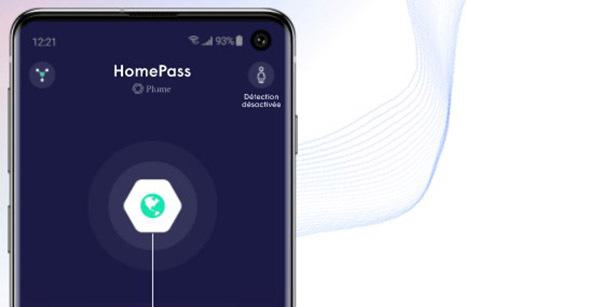
Speaking of apps, a great way to protect your network – and your password – is to control the Wi-Fi from your phone or another smart device via an app such as Plume’s HomePass. Change settings, turn the Wi-Fi on and off, open and restrict access, and create and erase passwords all at your fingertips.
Set up guest passwords
If you don’t want to hand out your main password to guests, the babysitter, or other visitors, and you have a mesh network controlled by an app, you can set up a separate password with limited access to your Wi-Fi. Setting up a guest or temporary password allows you not only to protect your main password and not have to change it every time someone comes over, but it also lets you limit what areas of your network guests can access.
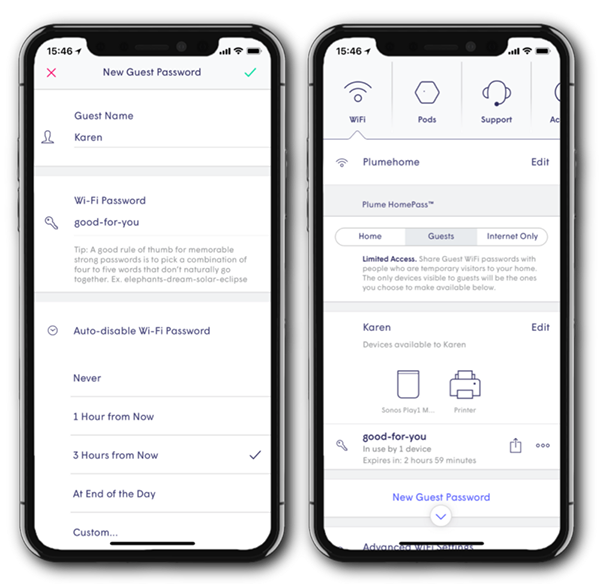
For example, if you have an alarm system or other appliances attached to the Internet of Things (IoT), you likely do not want everyone to gain access to these devices or their settings. With a temporary restricted password, guests can access parts of the network you allow, such as streaming services and basic Wi-Fi, while still protecting everything else, such as the smart thermostat and outside security cameras.
Have kids? Control what time their Wi-Fi turns off at night and on in the morning. Are the in-laws staying with you over the holidays? (Sorry!) Set up a password just for them that turns off when they leave.
Multi-faceted security
While protecting your network may seem complex at first, it gets easier once these tools and tricks are in place. The hardest part is getting started. If you have questions, please reach out to us at 888-201-4339 or info@gatewayfiber.com. We’re happy to help!
- Wi-Fi
- home internet
- fiber interent
- passwords
- wi-fi network
- plume mesh network


